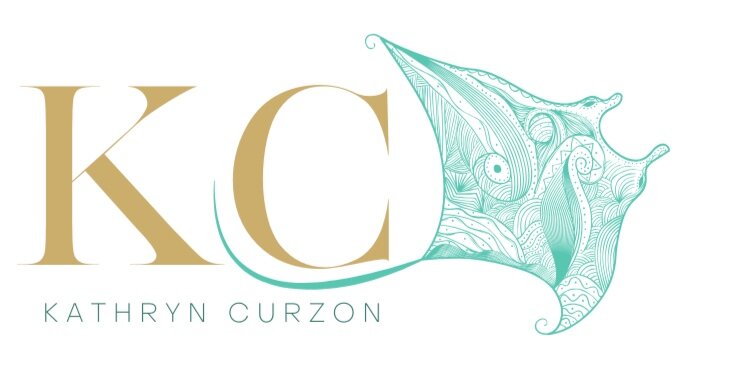Interpol's 30 Days at Sea identifies offenders in marine pollution crime
/“Interpol, the world’s largest international police organization, has carried out a global investigation into marine pollution crime, and identified more than 500 offenses.
Interpol’s operation, code-named 30 Days at Sea, was initiated in response to a call to increase international enforcement against environmental crime.
More than 5,200 inspections were carried out, identifying waste crimes and administrative violations in 84 countries and territories around the world.”
Read my full article on the Jakarta Post: Interpol's 30 Days at Sea identifies offenders in marine pollution crime















